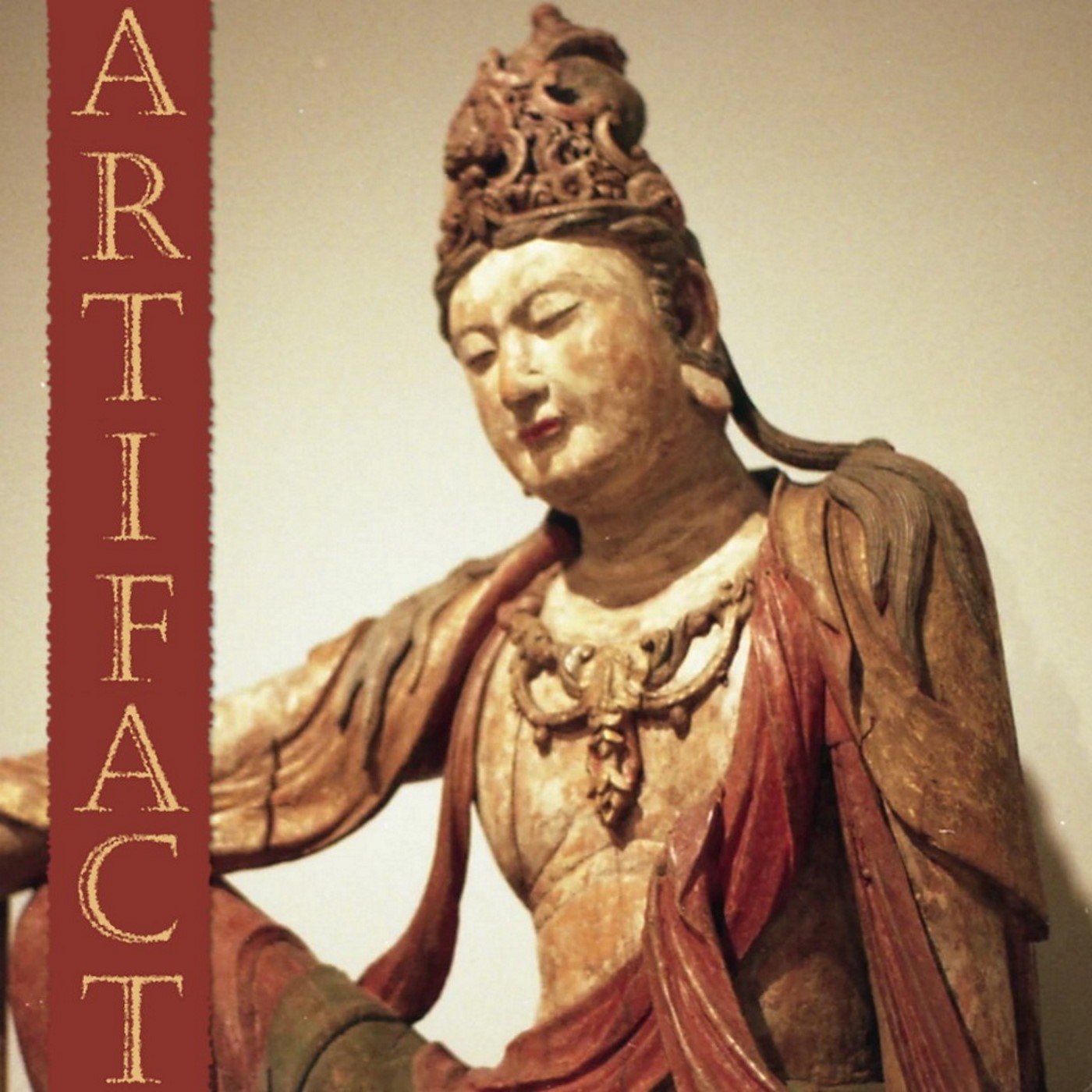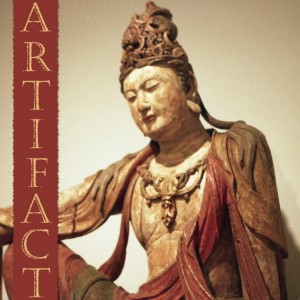
9.1K
Downloads
64
Episodes
The ArtiFact Podcast is a long-form show on books, culture, painting, and music hosted by Alex Sheremet, Joel Parrish, and a revolving door of co-hosts and guests. Each subject is covered in depth and at length, with past shows featuring the Epic of Gilgamesh, Charles Johnson's "Oxherding Tale", Leonard Shlain’s "Art & Physics", John Williams's "Stoner", and more. Opinionated, controversial, and prone to making enemies and friends of friends and enemies, ArtiFact delivers new perspectives on the arts by artists of talent.
Episodes

Sunday Jun 27, 2021
ArtiFact #8: Also Sprach Pinch | Ethan Pinch, Joel Parrish, Alex Sheremet
Sunday Jun 27, 2021
Sunday Jun 27, 2021
Joel Parrish and I are joined by Ethan Pinch, a painter and art critic from the UK, for an interview (and debate) on his perspectives. In previous videos and comments, the 3 of us took some divergent approaches to visual art, with Ethan distinguishing “meaning” from “interpretation”. Ethan’s video (and my specific comments under the video) can be found here: https://www.youtube.com/watch?v=nN9k5YHcpdM
The point of contention had to do with Ethan’s painterly criticism vs. our more narrative/literary critique of visual art. It’s a criticism worth responding to, as even the most objective person has a number of biases and blind spots. For us, since technically good fiction is empty without depth and characterization, a painting can easily fall into the same trap without some narrative heft to latch on to. In this video, such orientations lead to disagreements about the painter Zhiwei Tu, differing judgments on Matisse’s “Moroccans”, and more.
Among the questions asked: are we simply tallying up all the clever parts and inversions in a painting if exclude narrative? If so, when (and how) does the tally cross over into artistic greatness? How would we know? Is Salvador Dali ‘merely’ kitsch, and why has his style (if not results) been so prone to bad emulation? Plus: What makes Tintoretto’s “Susanna and the Elders” the greatest painting of all time?
It’s interesting to note, however, that many of our conclusions about individual paintings are quite similar, despite taking different avenues for getting there. After all, there are many ways to reach greatness in the arts – even if there are even more ways to fail.
You can also watch this episode on our YouTube channel: https://youtu.be/YWEg4uWqUGY
Read the latest writing from the automachination universe: https://automachination.com
Joel's website: https://poeticimport.com
Ethan Pinch's YouTube channel: https://www.youtube.com/user/AnthropomorphicHorse
Read Alex’s (archived) essays: https://alexsheremet.com
Music sample: Lowkemia - "Lorem Ipsum" (CC BY-SA 3.0)
Timestamps:
0:00 – Introduction
5:20 – Alex: the difference between ‘balance’ and ‘an ongoing balancing act’
12:45 – Joel: on the layers of meaning within great art
15:54 – Ethan: Patrick Heron vs. Clement Greenberg
24:00 – The boyz argue about Soviet-style art
41:40 – Alex and Ethan argue about Zhiwei Tu’s “Frontier Girl”, Joel goes turncoat (UH-OH….)
01:19:19 – Ethan on why he doesn’t have a “theory of painting”
01:24:00 – Ethan contrast Zhiwei Tu with Chardin’s “The Young Schoolmistress”
01:40:00 – Ethan contextualizes his favorite painter, Paul Cezanne
01:48:50 – The boyz on Cezanne’s “Lac d’Annecy”
02:16:30 – Is an artwork’s subject the first thing that ought to “fall away”?
02:22:00 – Ethan agrees/disagrees with Dan Schneider’s POV
02:44:23 – Is Salvador Dali merely kitsch?
03:08:18 – Paul Cezanne’s “Madame Cezanne in the Greenhouse”
03:19:18 – Ethan: why Tintoretto’s “Susanna and the Elders” is the greatest painting ever

No comments yet. Be the first to say something!